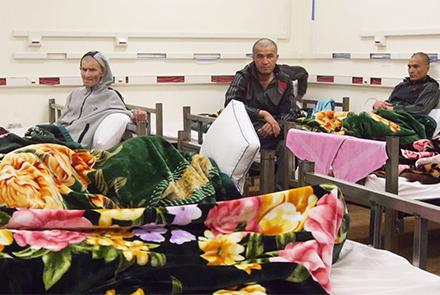A number of drug addicts who are under treatment at a rehabilitation center in Kabul said lack of social support at work place and in the society is a main reason which make them to return to drug use.
Mohammad Reza Sharifi, a drug addict, who is under treatment at a rehabilitation center in Jangalak area in Kabul, said he has a diploma in journalism from Kabul University and has worked as a reporter for seven years, but he could not continue his job even after treatment.
He said he was treated once, but when was employed in a company, he was fired as his colleagues “could not tolerate his presence there”.
Sharifi said when he lost his job, he returned to drug use once again.
“When they heard, they asked me that do you still use drug. I said I have been rehabilitated. They said there is no problem with your work, but the problem is that your colleagues cannot trust you. By hearing this, I concluded that there is no job for me therefore I returned to drug use,” said Sharifi.
Hamid, 26, is also under treatment at the rehabilitant center.
“Drug addicts come here with no awareness about treatment conditions. We have awareness department through which we motivate them to leave drugs,” said Sayed Tamim Aziz, a counselor.
There is a need for awareness campaigns on drugs by the Ministry of Education at schools, said Ahmad Zahir Sultani, a supervisor of Ministry of Public Health.
“Such campaigns can be held at universities too,” Sultani added.


